Our Team
Our team consists of AI developers, ethicists, filmmakers, visual artists, musicians, communication scholar, journalists, physicians, lawyers and more. Interdisciplinary expertise allows us to better understand all aspects of AI fairness and advise the public on AI policies.
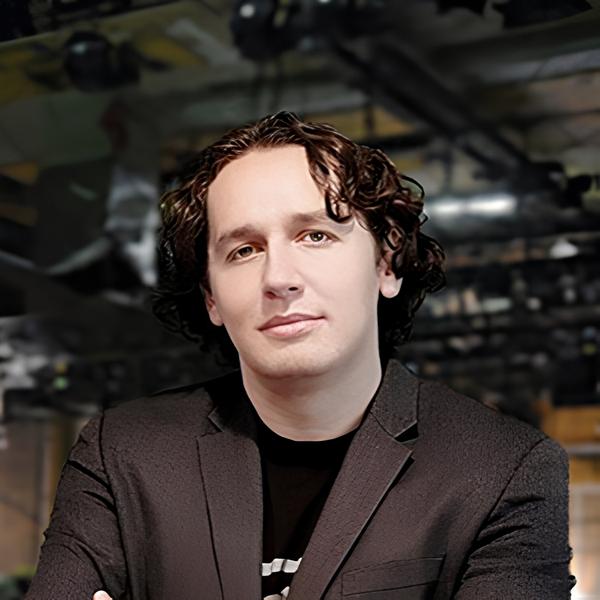
President
Krzysztof Pietroszek, PhD, MFA
Dr. Pietroszek is the President of the Fair Artificial Intelligence Research Labs (FAIR Labs) and an Associate Professor at American University specializes in generative 3D AI within immersive media. His work involves integrating AI into computer vision algorithms for volumetric capture, immersive environment interactions, and AI research ethics. Previously, Dr. Pietroszek led two NSF grants at the Institute for IDEAS, an AU research center that he founded in 2018. Dr. Pietroszek is also a filmmaker, musician, children books author, and new media innovator, with work presented at the Cannes Film Festival, CHI Interactivity and many other venues.
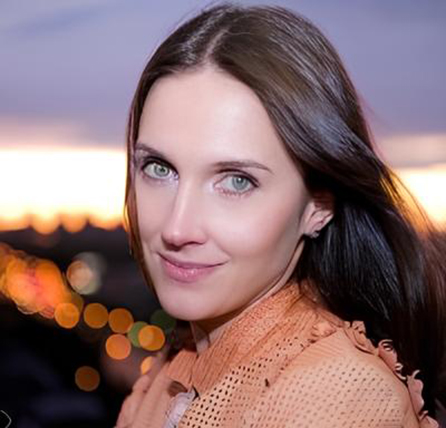
Vice-President
Mila Tahai, MSPH, CIP
Liudmila Tahai, MSPH, a Certified IRB Professional and the Vice-President at Fair Artificial Intelligence Research Labs, is an expert in human research and technology ethics and regulation. She is the Director of the Human Research Protection Program at Vanderbilt University. She has co-authored a number of peer-reviewed papers and conference presentations focusing on the nexus of human-computer interaction, research ethics, and health policies. She also serves on multiple IRB boards and contributed to IRB conferences and professional association meetings as a co-organizer, reviewer, and contributor.
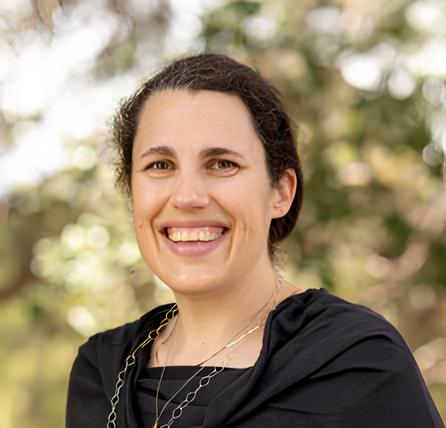
Faculty Fellow
Megan Finn, PhD
A Faculty Fellow at Fair Artificial Intelligence Research Labs, Dr. Finn is an Associate Professor at the School of Communication at American University where she teaches about media law and policy and researches data governance and infrastructures in crisis. She has expertise in the development of computing ethics and is one of the co-authors of the National Academy of Sciences “Fostering Responsible Computing Research: Foundations and Practices” (2022). She was formerly an Associate Professor at University of Washington’s Information School where she was a member of the DataLab and the eScience Institute.
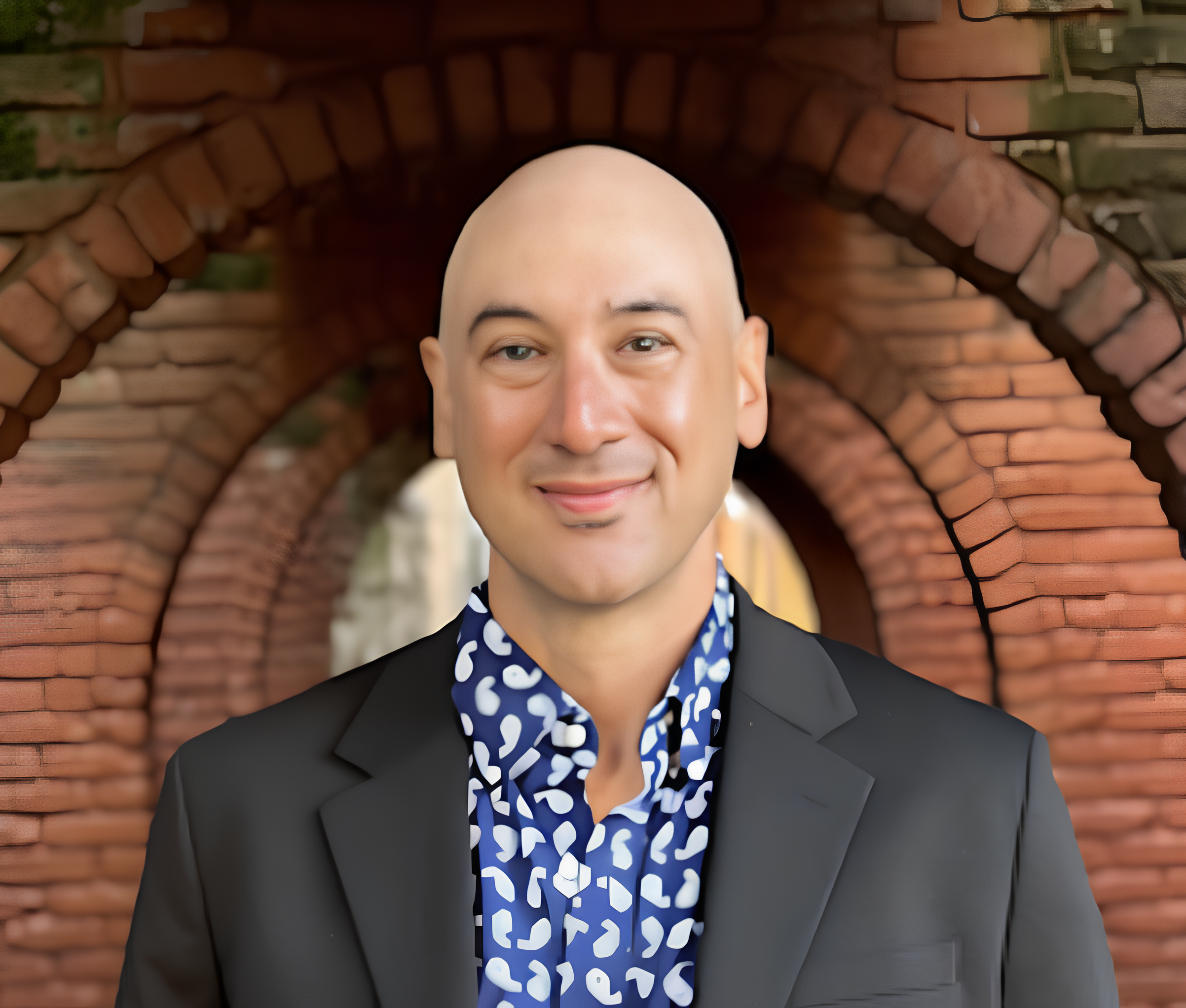
Faculty Fellow
Aram Sinnreich, PhD
Dr. Aram Sinnreich is a Professor at American University’s School of Communication. Sinnreich’s work focuses on the intersection of culture, law and technology, with an emphasis on subjects such as surveillance, critical data studies, intellectual property, remix culture, and music. He is the author of five books: Mashed Up (2010); The Piracy Crusade (2013); The Essential Guide to Intellectual Property (2019); science fiction novel A Second Chance for Yesterday (2023; coauthored with Rachel Hope Cleves as R.A. Sinn); and the forthcoming The Secret Life of Data (2024; coauthored with Jesse Gilbert). He has also written for publications including The New York Times, Billboard, Wired, and The Daily Beast, and The Conversation.
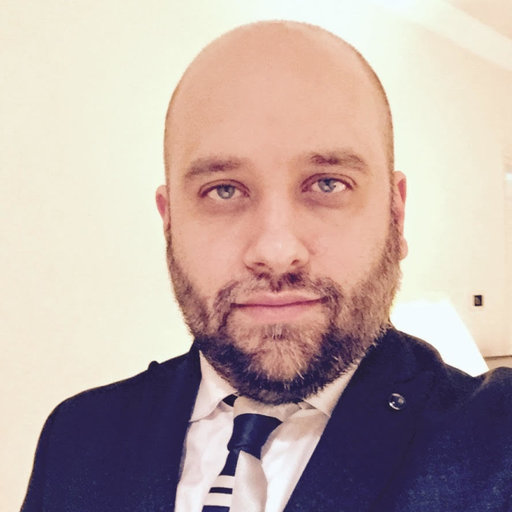
Faculty Fellow
Pietro Cipresso, PhD
Dr. Cipresso is an Associate Professor in Psychometrics at the University of Turin, a Senior Researcher at the Applied Technology for Neuro-Psychology Lab at Istituto Auxologico Italiano in Milan, and an Assistant Professor in Psychometrics at the Catholic University of Milan. He has coordinated numerous projects and been a Visiting Researcher at MIT and Monash University. As Chief Editor for Frontiers in Quantitative Psychology and Measurement, he manages a board of 260 editors across two journals. He holds degrees in Economics and Statistics from Bocconi University, Psychology from Padua University, and a PhD in Communication and New Technologies from IULM University.
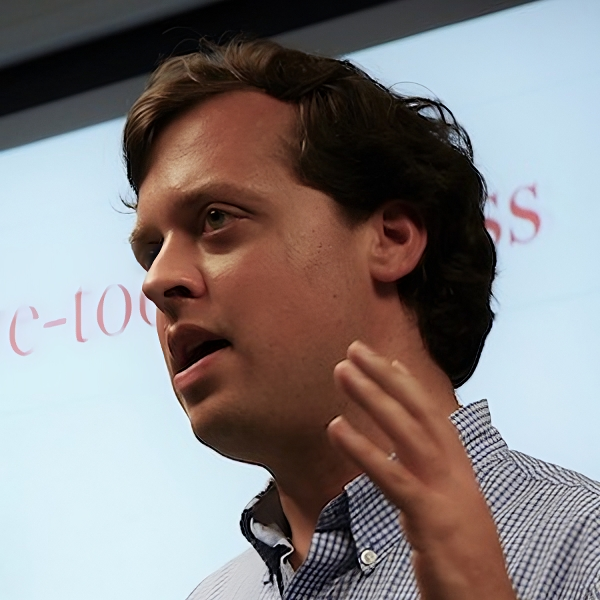
Faculty Fellow
Mark Nelson, PhD
Dr. Nelson is a computer scientist specializing in artificial intelligence (AI), with a focus on using games as a research domain. His work includes analyzing AI decision-making algorithms through games, developing game-playing bots, creating AI tools for designers, and exploring formal models of game mechanics and narratives. He is affiliated with the Department of Computer Science and the AU Game Center. Previously, he has been the Principal Investigator of the NSF research project on Algorithm-Relative Difficulty of Agent Benchmarks. His other interests include computer music, domain-specific programming languages, and the history of computing.
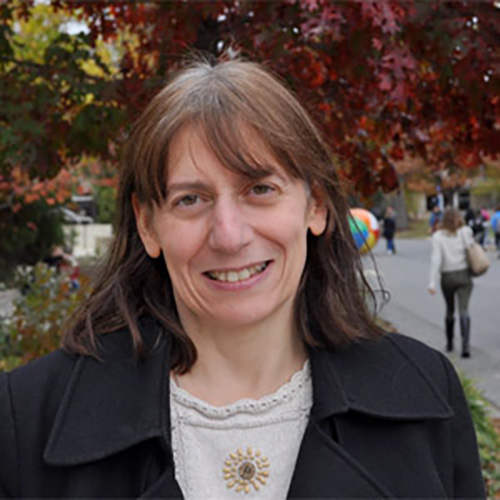
Faculty Fellow
Nathalie Japkowicz, PhD
Dr. Japkowicz is a Professor of Computer Science at American University. She was previously with the School of Electrical Engineering and Computer Science at the University of Ottawa where she lead the Laboratory for Research on Machine Learning for Defense and Security. She received federal funding and worked with private companies (Girih, Larus Technologies, Weather Telematics, TechInsights, Ciena) and published over 100 articles, papers and books including Evaluating Learning Algorithms: A Classification Perspective, with Mohak Shah (Cambridge University Press, 2011) and Big Data Analysis: New Algorithms for a New Society (Springer, 2016).
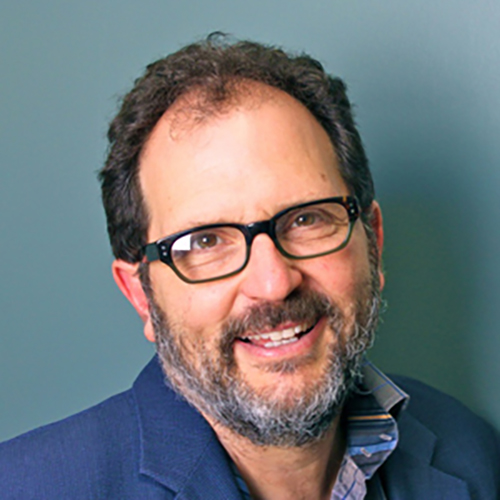
Faculty Fellow
Art Shapiro, PhD
Dr. Shapiro is an American vision scientist and creator of visual illusions. He is the co-editor of the Oxford Compendium of Visual Illusions. He is currently a professor of psychology and computer science with the American University in Washington, D.C., and Director of the Collaborative for Applied Perceptual Research and Innovation (CAPRI). He received his PhD in psychology from Columbia University and completed post-doctoral research at the University of Chicago, working with Joel Pokorny and Vivianne C. Smith in the Department of Ophthalmology and Visual Sciences. His research focuses on color, motion, vision in low-light environments, and visual phenomena.
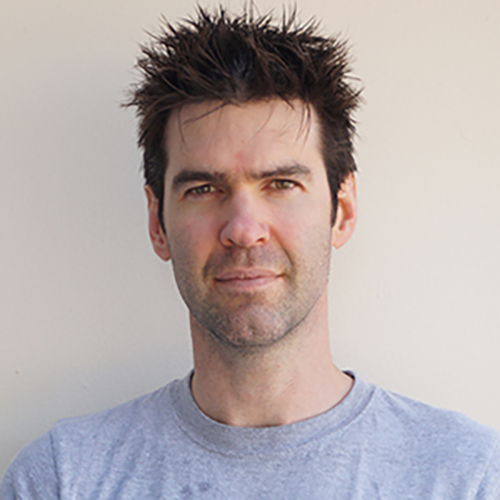
Faculty Fellow
Christian Eckhardt, PhD
Christian Eckhardt, PhD, is a computer scientist, physicist, and software developer. Passionate about travelling the globe, he is dedicated to sharing his multinational experiences with colleagues and students. After studying physics at the Vienna University of Technology where he graduated with an MSc in 2007, Christian continued his academic pursuits as a Computer Scientist, developing 3D simulation, at the Vienna University of Technology until his graduation in 2011. A postdoc appointment at the University of Vienna, one of the most vital ab initio simulation groups, gave him the necessary skills in parallelism: GPGPU, MPI and Open MP.
